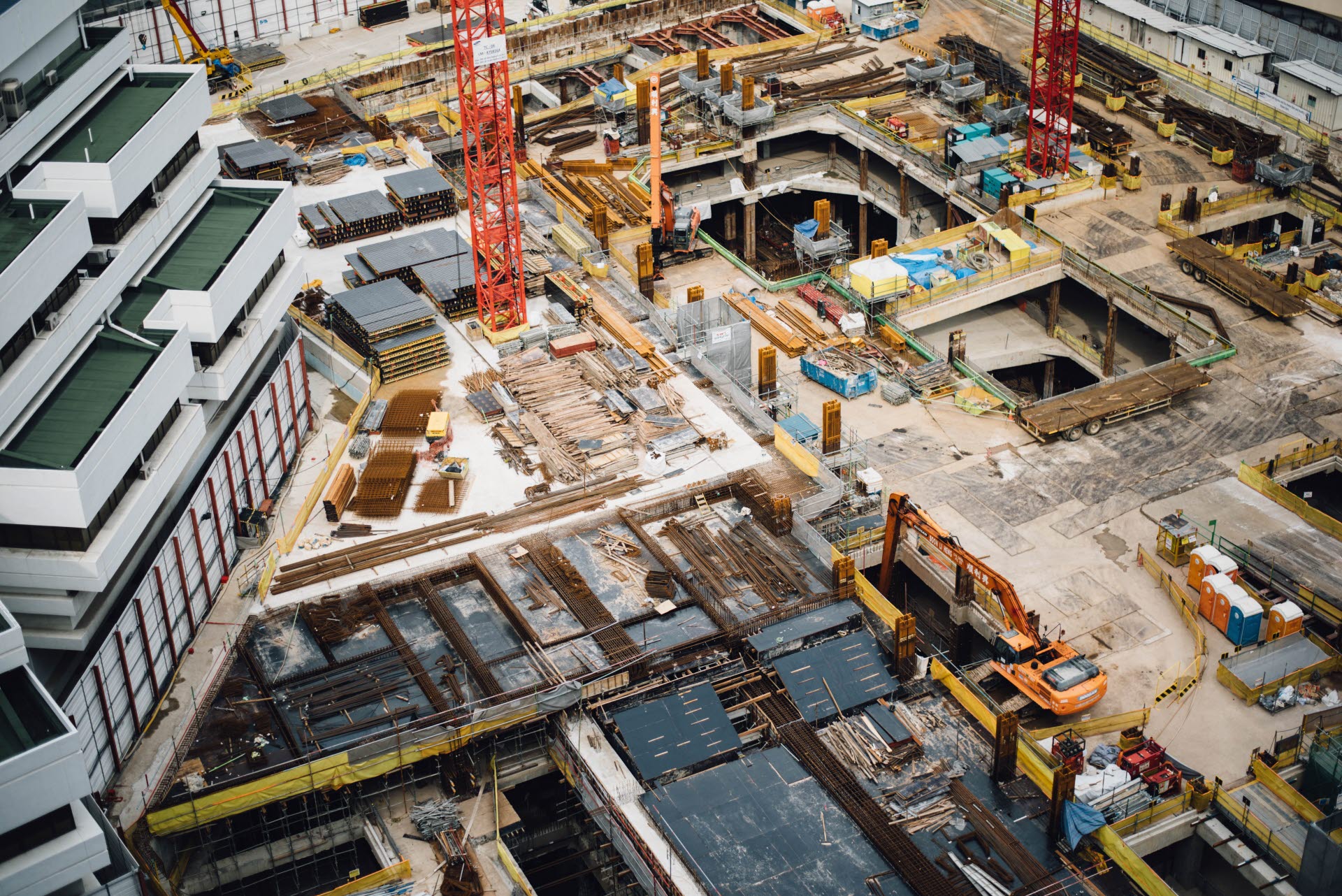The commercial construction industry is undergoing a major transformation, with technology playing an increasingly important role in reshaping the way we build.
From advanced robotics to virtual reality and 3D printing, digital tools are revolutionizing the traditional practices of constructing buildings and other structures on a large scale.
As these technologies become more sophisticated, they represent tremendous opportunities for contractors, developers, and suppliers to not only improve efficiency but also open up new possibilities in terms of design innovation and cost savings.
This article takes an in-depth look at how the digital transformation of construction is impacting the industry today and what lies ahead for its future.
The Changing Landscape of Commercial Construction Projects Due to Automation

As the world of construction continues to digitize, commercial construction projects have been subject to significant changes due to automation. Automation has drastically changed how building sites are managed and operated, allowing for more efficient operations that can save time and money.
Buildops commercial construction glossary transformation is reshaping the industry in multiple ways: from streamlining labor-intensive tasks such as data collection and job scheduling, to improving safety protocols by reducing human error.
As automation advances further within the industry, it promises to revolutionize traditional workflows even more; enabling faster project completion times with fewer resources needed.
The changing landscape of commercial construction projects due to automation is ushering in a new era of efficiency and cost savings that will undoubtedly benefit companies in this sector for years to come.
Challenges and Opportunities Facing the Construction Industry with Digitalization
The digital transformation of the construction industry has introduced several new challenges and opportunities. For example, while traditional methods are well-known and have been used for decades, they can be slow to adopt technological advancements that make construction processes more efficient.
Digitalization provides an opportunity to streamline processes with greater accuracy and efficiency, as well as reduce costs associated with manual labor or equipment rental. However, this transition presents some potential risks such as data security threats posed by cyber-attacks on connected systems or devices which could lead to significant financial losses if not properly managed.
Additionally, workforce training is another challenge facing the industry; these changes require skilled employees who understand how to use technology to achieve maximum results from the digital tools available.
By taking advantage of the opportunities presented by digitalization while managing its risks appropriately, contractors can remain competitive in todays ever-evolving market.
Impact of Technology on Project Efficiency and Cost Savings

The digital transformation of the construction industry is revolutionizing how projects are managed and completed. From predictive analytics to automated data collection, technology has ushered in new efficiencies that directly impact the bottom line. By streamlining processes, reducing overhead costs, and eliminating manual labor through automation, project efficiency, and cost savings have become more attainable than ever before.
One example is artificial intelligence (AI) algorithms used for construction scheduling. AI-based scheduling tools allow companies to generate a realistic timeline based on user inputs like material availability or weather conditions – resulting in better timelines with fewer delays or rework tasks.
Additionally, 3D printing technology has enabled builders to create complex structures faster than ever before while also reducing materials waste as well as production time and cost.
Finally, robotic process automation (RPA) helps automate mundane tasks such as paperwork filing or invoicing so that employees can focus their energy on more important activities instead of time-consuming administrative workflows.
In short, technological advances have brought about a variety of innovative solutions that drive greater efficiency and cost savings within the commercial construction industry – all without sacrificing quality control standards.
As the use of technology continues to expand across different sectors within this sector, we will no doubt see further improvements in project success rates along with increased profitability for businesses involved in this field.
Future Implications for the Commercial Construction Field

As technology continues to advance, commercial construction is experiencing a digital transformation that could have far-reaching implications for the industry.
The introduction of AI-driven automation and machine learning into the process has already begun to increase speed and accuracy in project delivery, enabling faster completion times with fewer errors or costly mistakes.
In addition, virtual reality (VR) applications are being used to accurately visualize projects before they begin, allowing builders to assess potential risks more quickly and adjust their plans accordingly.
The use of digital twins is also becoming increasingly popular as a way to improve efficiency by simulating scenarios before they occur on-site.
This technology can be used in combination with 3D printing systems that can produce parts on demand – saving time and money while reducing material waste – giving contractors greater control over their operations.
The future of commercial construction looks bright as these technologies continue to develop at an exponential rate; however, there will also be challenges associated with this transition as every contractor must decide how best to incorporate new solutions into their workflow while maintaining safety standards and staying profitable.
Companies may need assistance in selecting the right technology, training personnel on its use, allocating resources for implementation costs, and ensuring data privacy throughout the entire process.
Despite these hurdles, it’s clear that embracing digital transformation from the outset will provide long-term benefits for any business involved in commercial construction moving forward.


